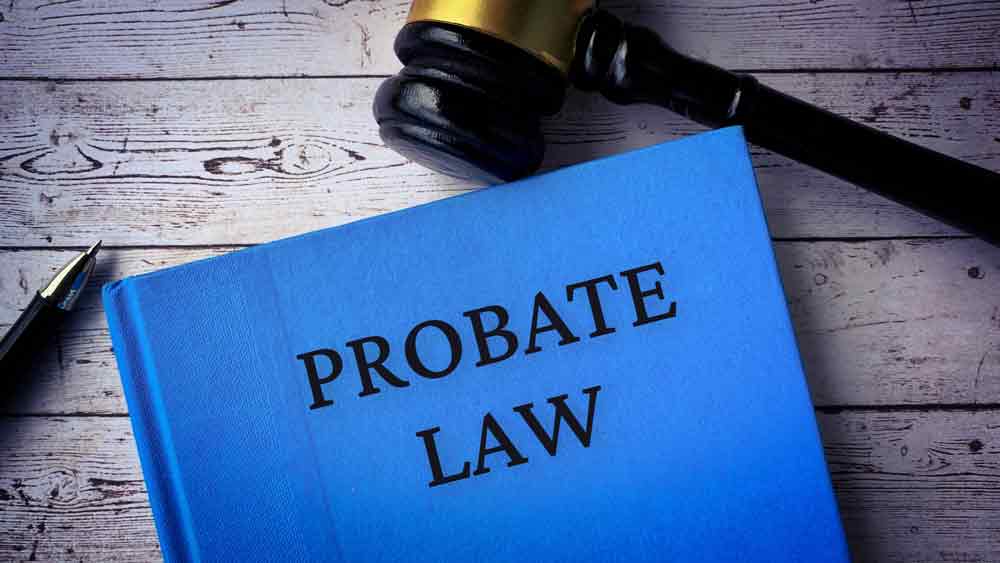
One common concept that gets liquidated frequently in Probate Administrations in Florida is the concept of Preference of Appointment. Meaning who gets to be in charge of the Estate. Florida Courts have a statute to guide litigants, 733.301 which provides:
733.301 Preference in appointment of personal representative.—
(1) In granting letters of administration, the following order of preference shall be observed:
(a) In testate estates:
1. The personal representative, or his or her successor, nominated by the will or pursuant to a power conferred in the will.
2. The person selected by a majority in interest of the persons entitled to the estate.
3. A devisee under the will. If more than one devisee applies, the court may select the one best qualified.
(b) In intestate estates:
1. The surviving spouse.
2. The person selected by a majority in interest of the heirs.
3. The heir nearest in degree. If more than one applies, the court may select the one best qualified.
(2) A guardian of the property of a ward who if competent would be entitled to appointment as, or to select, the personal representative may exercise the right to select the personal representative.
So generally in a Testate administration the Last Will and Testament dictates and in an intestate administration either the spouse or the person with the majority of the votes of the interested heir.
- Statutory Bars to Service
 There are also various reasons that a Personal Representative even if they have preference of appointment can not serve under Florida. If the Personal Representative is a non-blood and non-Florida resident then they cannot serve as Personal Representative. With the exception that a spouse of someone who is related qualifies if a non-resident. See Fla. Stat. 733.304. Several other statutory bans exist as identified in Fla. Stat. 733.303:
There are also various reasons that a Personal Representative even if they have preference of appointment can not serve under Florida. If the Personal Representative is a non-blood and non-Florida resident then they cannot serve as Personal Representative. With the exception that a spouse of someone who is related qualifies if a non-resident. See Fla. Stat. 733.304. Several other statutory bans exist as identified in Fla. Stat. 733.303:
733.303 Persons not qualified.—
(1) A person is not qualified to act as a personal representative if the person:
(a) Has been convicted of a felony.
(b) Is mentally or physically unable to perform the duties.
(c) Is under the age of 18 years.
(2) If the person named as personal representative in the will is not qualified, letters shall be granted as provided in s. 733.301.
In situations with a statutory bar our office can serve as the Personal Representative for the Estate or alternatively find a qualified individual to serve.
- Litigation to Disqualify Applicants for a Florida Personal Representative
Often there may be reasons to litigate who is in charge of an estate that fall outside the bounds of the statutory bars to service listed in 733.303. For example, if the applicant has taken the decedents’ money or there exists conflict of interest, a history of fraud, deception etc… The general rule is that Courts do not have discretion to refuse to appoint the personal representative named by the testator in the will unless that person is disqualified by law. See § 733.301, Fla. Stat. (1999); State v. North, 159 Fla. 351, 32 So.2d 14, 18 (1947); Pontrello v. Estate of Kepler, 528 So.2d 441, 442-43 (Fla. 2d DCA 1988). The testator’s selection of a personal representative is afforded great deference. See Fain v. Hall, 463 F.Supp. 661, 664 n. 3 (M.D.Fla.1979);
In Estate of Snyder, 333 So.2d at 520 the second district held that an individual may be considered unsuitable to administer the estate, if there is an adverse interest of some kind, hostility to those immediately interested in the estate, or an interest adverse to the estate itself. “To hold that only insanity, conviction of an infamous crime, and minority bar the appointment of appellants as administrators would give the statute an absurd construction.” Id.
The 1st District Court of Appeals has recently further defined litigation in this area in the Arguel opinion 343 So.3d 1236 (Fla. 1st DCA 2022). In Arguel the Court limited objections rooted in the character or fitness of the Personal Representative as identified in Synder to only intestate proceedings. In other words, if there is no will specifically nominating a Personal Representative then the Court may consider evidence of the fitness of the Personal Representative. In cases where the Testator (the decedent who wrote the will) has gone to the trouble to nominate a Personal Representative, the Court will provide deference. As the 1st DCA put it:
A judge treads on sacred ground, not only when he overrides the testator’s directions regarding the custody of his children, but also when he overrides the testator’s directions regarding the appointment of the person in whom the decedent placed his trust to administer his estate according to the powers given in the will.
We litigate Probate cases throughout the State of Florida. If you have issues in your case that related to the appointment of Personal Representatives give me a call. We offer free, no obligation consultations.
– Brice Zoecklein, Esq.
















